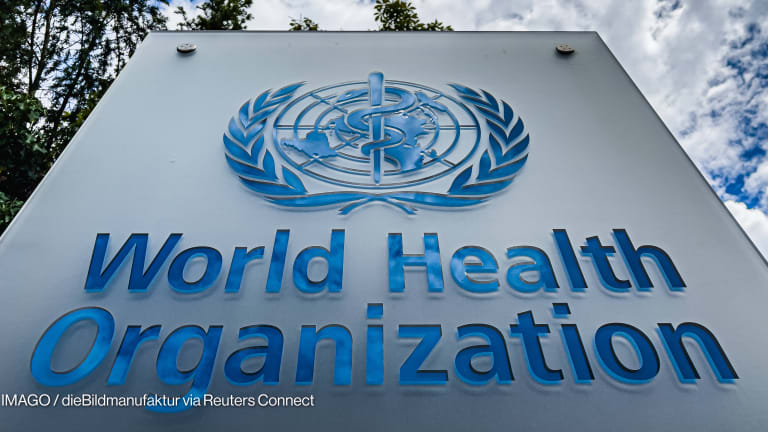U.S.-based staff at Open Society Foundations are publicly protesting the organization’s restructuring process, specifically its plans to replace full-time staff with contractors, as OSF moves ahead with cutting jobs and offices around the world.
OSF has said that it will lay off at least 40% of its 800 staff worldwide as part of a reorganization aimed at making the $25 billion, New York-based foundation more nimble and able to provide larger, multiyear grants. That includes closing six offices on the African continent, where OSF gives more than $100 million annually. And it comes as the organization undergoes a leadership transition from longtime founder George Soros to his 37-year-old son, Alex Soros.
On Thursday the Communications Workers of America, a union representing U.S.-based OSF staff members, sent a public letter to OSF leadership saying it was “deeply” concerned about OSF’s proposal to “outsource essential functions currently within staff capacity to contractors, temporary staff or fixed term workers outside union protection.”








